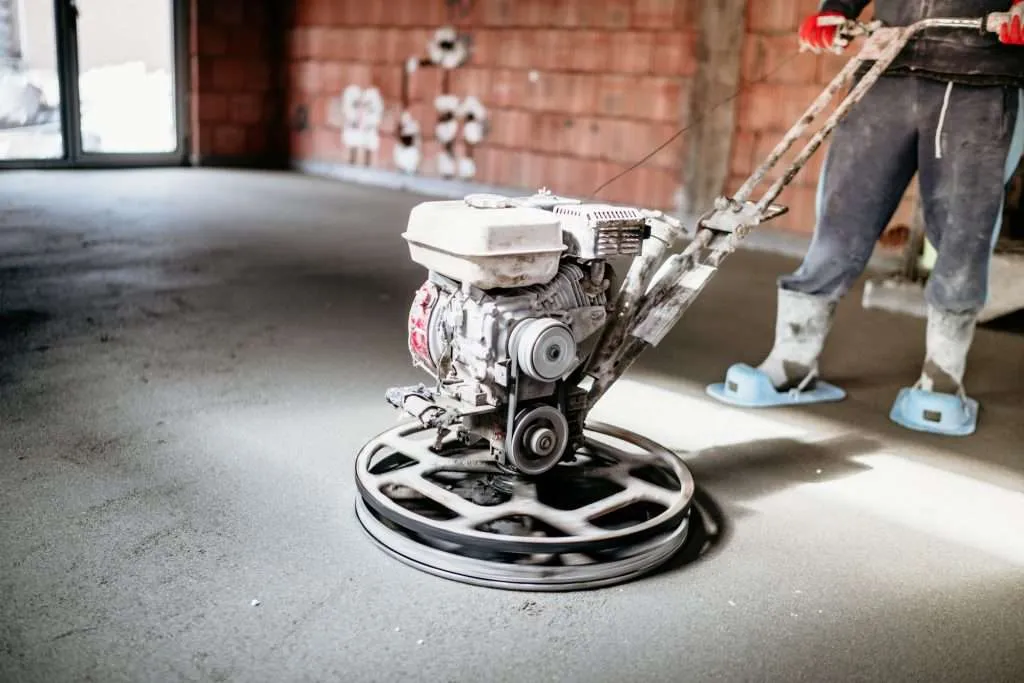Concrete contractor liability insurance is a specialized insurance coverage designed to protect concrete contractors and their businesses operating in Colorado. It serves as a financial safety net by providing coverage for potential losses and liabilities associated with their work in the concrete construction industry.
One crucial component of concrete contractor liability insurance is general liability insurance. This coverage offers protection against third-party claims that may arise during concrete construction projects. In the event of bodily injury, property damage, or personal injury occurring on the project site, general liability insurance can help cover medical costs, legal fees, and property repair or replacement expenses. This coverage is particularly valuable in the construction industry, where accidents or incidents can lead to significant financial burdens and legal disputes.
Another essential aspect of concrete contractor liability insurance is professional liability insurance, often referred to as errors and omissions insurance. This coverage is designed to safeguard contractors against claims arising from alleged professional mistakes, negligence, or errors in the performance of their concrete-related services. In the event of claims related to faulty workmanship, design errors, project delays, or other professional oversights, professional liability insurance provides financial protection by covering legal defense costs and potential settlements or judgments.
Concrete contractor liability insurance is vital for contractors operating in Colorado due to the inherent risks associated with construction projects. It helps mitigate financial risks and potential liabilities, providing peace of mind to contractors by ensuring they have proper coverage in case of unforeseen incidents or claims.
To obtain the most suitable concrete contractor liability insurance in Colorado, contractors should consult with Castle Rock Insurance. We can help assess the specific needs of a contractor’s business, customize an insurance policy that adequately covers the unique risks faced in the concrete construction industry, and ensure compliance with state regulations. By securing comprehensive insurance coverage, concrete contractors in Colorado can protect their businesses and focus on delivering high-quality services with confidence.
Is Concrete Contractor Liability Insurance Required in Colorado?
Yes, concrete contractor liability insurance is generally required in Colorado, although it is not mandated by a specific state law. However, many construction projects, clients, and contracts in Colorado typically demand contractors to carry adequate insurance coverage. Additionally, certain local municipalities or project owners may have specific insurance requirements that contractors must fulfill to participate in construction projects.
While not legally compulsory, having concrete contractor liability insurance is highly recommended and considered a standard practice in the industry. It serves as a vital safeguard for both contractors and clients, providing financial protection against potential risks and liabilities that can arise during construction projects.
In many cases, general contractors or project owners may include contractual provisions that mandate subcontractors, including concrete contractors, to maintain liability insurance coverage. This requirement ensures that all parties involved in the project are adequately protected in the event of accidents, property damage, or injuries.
To ensure compliance and mitigate risks, concrete contractors in Colorado should consult with insurance professionals or brokers who specialize in construction and contractor insurance. These experts can assess the specific insurance requirements of each project and assist contractors in obtaining the appropriate liability coverage that aligns with the project’s expectations and safeguards their business interests.
By obtaining the necessary liability insurance, concrete contractors demonstrate their commitment to professionalism, enhance their credibility, and protect themselves and their clients from potential financial losses associated with construction-related incidents.












